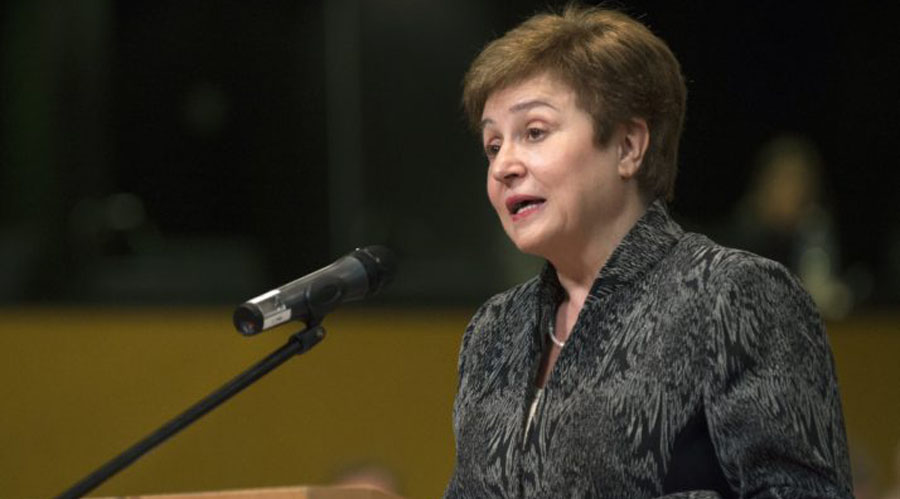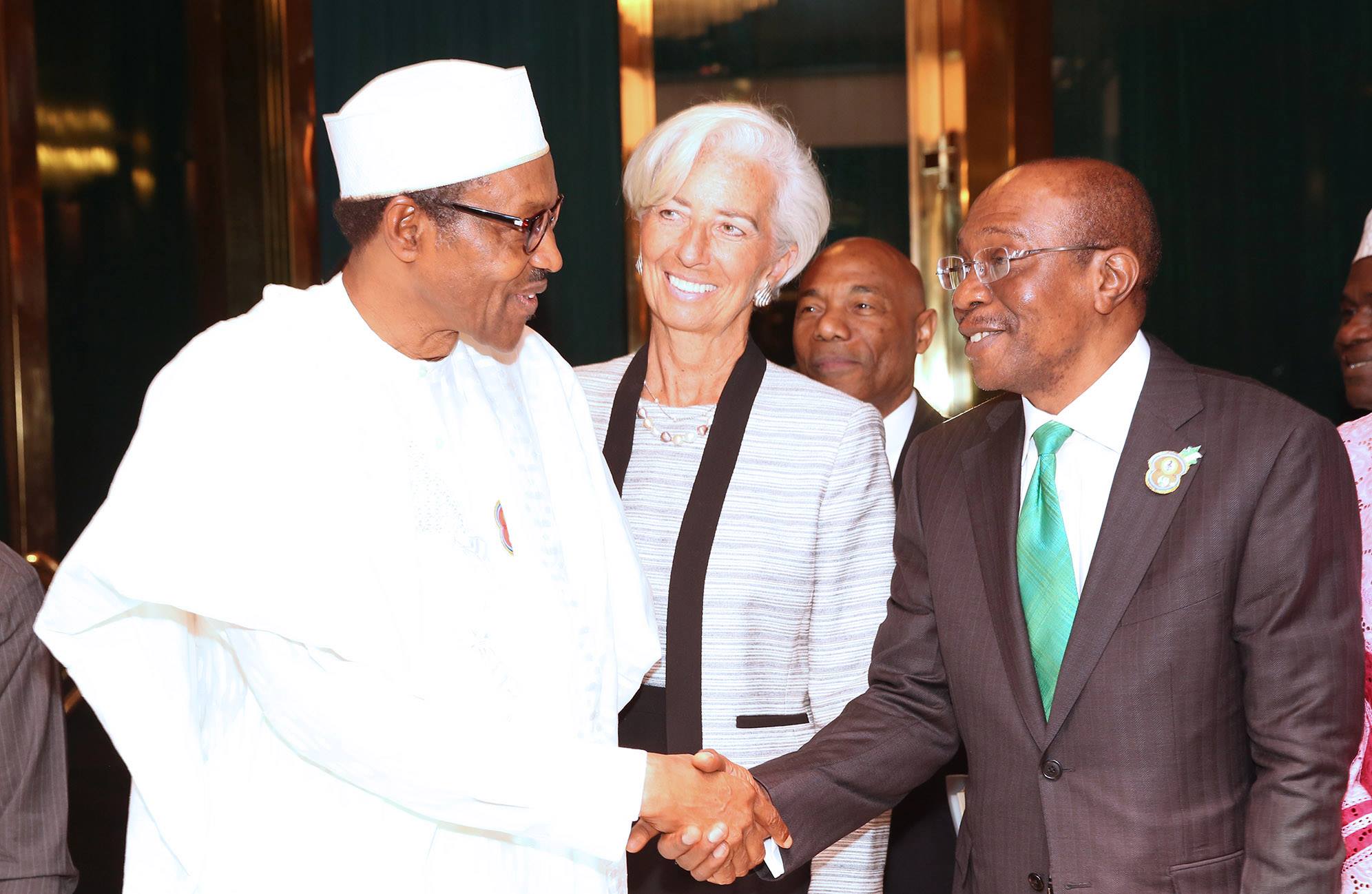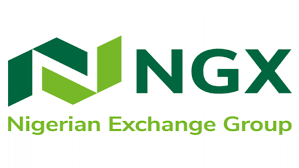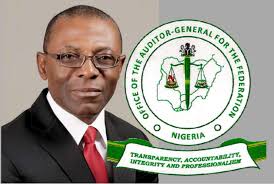…CBN insists policy strengthening naira, backward integration
The International Monetary Fund (IMF), has revealed that contrary to the thinking of the Central Bank of Nigeria (CBN) that forex restrictions on 43 items are driving backward integration in the local manufacture of the respective items, the policy is hurting both indigenous investments and Foreign Direct Investments (FDIs).
IMF’s Divisional Chief, Research Department, Oya Celasun, in a news conference on the World Economic Outlook at the World Bank/IMF Annual Meetings in Washington D.C., said “Nigeria requires a tight monetary policy and the unification of its exchange rates to achieve the desired growth.”
However, in his insistence, the Governor of the apex bank, Godwin Emefiele insisted that “The CBN’s decision to restrict forex access and shut the official foreign exchange window for the importation of the banned 43 items would protect Nigeria’s foreign reserves, as well as the nation’s economy.
“The policy was introduced to stimulate the domestic economy and enhance domestic production and protect local industries from undue foreign competition and take-over.

In his continued believe that CBN acted in error, Celasun averred that “The forex restriction policy was working to the contrary,” pointing out that “Nigeria’s growth has been weak but can be reactivated on the strengths of agricultural sector outputs possibly from next year.
Continuing, Celasun said there was a need for the monetary authorities to strengthen the banking sector resilience, while the fiscal authority should implement stronger structural reforms.
The structural reforms, according to her, should focus on infrastructure, power and broader governance.
She said, “Nigeria has one of the lowest rates of revenue in the world and this is hit hard by drop in oil prices. That is essential for the country to spend more on priorities, such as social safety and infrastructure.
“Other areas are the need for a tight monetary policy and a simpler unified exchange rate system. Foreign exchange restrictions have also been distorting public private and public sector decisions and holding back investments,” IMF chief added.









